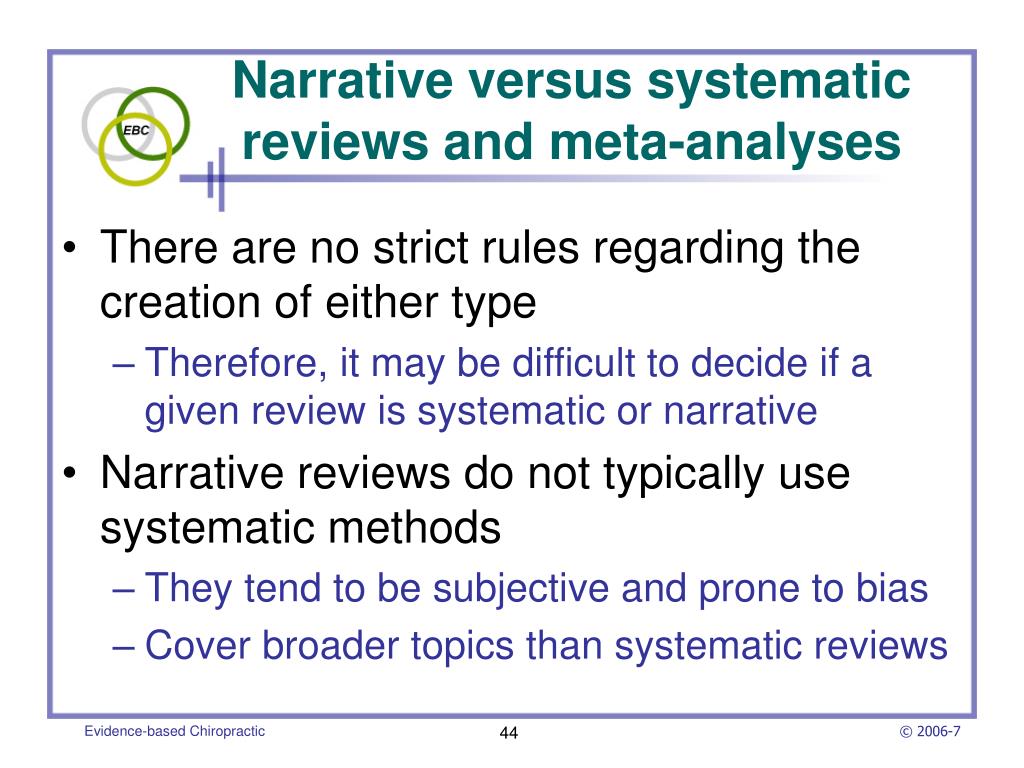

Leadership effectiveness has been studied in many different ways, depending on the researchers’ definitions of the construct and methodological preferences. The researchers found that effective leaders were rated higher in humor, even after controlling statistically for other leadership attributes such as intelligence and physical ability. From a different vantage point, Priest and Swain (2002) examine the relationship between leadership effectiveness and humor by asking male and female subordinates to recall particular good (effective) and bad (ineffective) leaders and then rate them on leadership effectiveness and humor.
#Examples of meta narrative update#
Dumdum, Lowe, and Avolio (2002), in a comprehensive review and update on correlates of transformational leadership, report that over more than a decade, the correlations between transformational leadership and leader effectiveness have been consistently positive. For example, Chemers (2002) asserts that the possession of multiple intelligences contributes to a crucial component of effective leaders-“leadership self-efficacy.” Leadership self-efficacy represents the leader’s self-perceived capabilities for the general leadership tasks of direction-setting, gaining followers’ commitment, and overcoming obstacles (Paglis & Green, 2002). In most empirical studies of leadership effectiveness the construct has been used as a dependent variable with a wide range of variables serving as predictors.

The study of leadership effectiveness has occupied a prominent place in the study of leadership and has been of longstanding interest to leadership scholars and practitioners (e.g. Īcknowledgement: An earlier version of this paper was presented at the 5 th International Interdisciplinary Conference on the Advances of Qualitative Methods, Edmonton, Alberta, January 29-31, 2004. International Journal of Qualitative Methods, 3(3). Telos, chronos, and hermēneia: The role of metanarrative in leadership effectiveness through the production of meaning. Keywords: narrative, meaning, interpretivism, constructivism, life stories We conclude by suggesting several streams of research designed to evaluate the proposed model and with recommendations for further study.

From this review, we derive a set of propositions that describe the nature of the interrelationships among the constructs of interest and present a theoretical model that captures the proposed relationships. We begin with a review of the leadership effectiveness literature followed by a discussion of the theoretical foundations of the concepts of meaning and metanarrative. After analyzing the relevant literatures, we present a model that attributes this relationship to the capacity of metanarrative to produce meaning through the interpretive frames of Telos (teleological context), Chronos (historical-narrative context), and Hermēneia (interpretive context).

Karin Klenke, Ph.D., Professor, School of Leadership Studies, Regent University, Virginia Beach, VAĪbstract: In this article, we argue for the existence of a relationship between metanarrative and leadership effectiveness that is mediated by personal meaning. Irving, M.Div., Instructor of Ministry Leadership, Center for Transformational Leadership, Bethel University, St. Telos, Chronos, and Hermēneia: The Role of Metanarrative in Leadership Effectiveness through the Production of Meaning


 0 kommentar(er)
0 kommentar(er)
